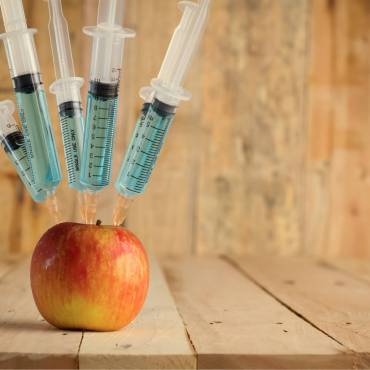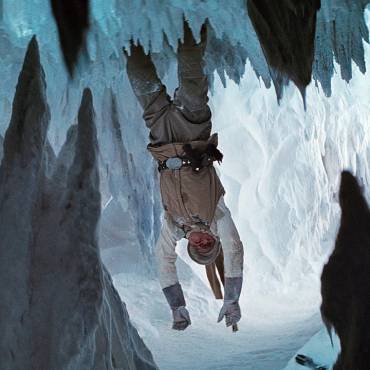Caffeinated Beverages and Dehydration
Don’t Touch My Coffee: Micro-Entry
All substance, no fluff.
By Dr. Allan Bacon
Overview
A common idea exists that caffeine causes dehydration, no matter the circumstance. The reality of the situation is that caffeine is not a very significant diuretic and concern over caffeine-induced dehydration is overblown.
In practical instances, caffeinated beverages are net hydrants as they are composed almost entirely of water. Moderate coffee intake, subsequently, has not been shown to negatively alter hydration status compared to traditional water. The small amount of liquid lost to any diuretic effect is more than counterbalanced by the liquids consumed. Additionally, exercise will often counterbalance this mild diuretic effect.
Bottom line: enjoy your coffee; you don’t need that kind of negativity in your life.
Research
Caffeine exerted a minor diuretic effect which was negated by exercise. Concerns regarding unwanted fluid loss associated with caffeine consumption are unwarranted particularly when ingestion precedes exercise.
DOI: 10.1016/j.jsams.2014.07.017
“there is no evidence to suggest that moderate caffeine intake (<456 mg) induces chronic dehydration or negatively affects exercise performance, temperature regulation, and circulatory strain in a hot environment. Caffeinated fluids contribute to the daily human water requirement in a manner that is similar to pure water. Furthermore, little or no evidence supports the contention that caffeine increases heat storage during exercise or that caffeine affects exercise performance in a hot environment negatively."
doi: 10.1097/jes.0b013e3180a02cc1
Our data show that there were no significant differences across a wide range of haematological and urinary markers of hydration status between trials. These data suggest that coffee, when consumed in moderation by caffeine habituated males provides similar hydrating qualities to water.
https://doi.org/10.1371/journal.pone.0084154
This controlled trial exhibited no evidence of hypohydration in subjects. These findings question the widely accepted notion that caffeine consumption acts chronically as a diuretic.
DOI: 10.1123/ijsnem.15.3.252
The most ecologically valid of the published studies offers no support for the suggestion that consumption of caffeine‐containing beverages as part of a normal lifestyle leads to fluid loss in excess of the volume ingested or is associated with poor hydration status. Therefore, there would appear to be no clear basis for refraining from caffeine containing drinks in situations where fluid balance might be compromised.
https://doi.org/10.1046/j.1365-277X.2003.00477.x
“Drinking caffeine-containing beverages as part of a normal lifestyle doesn’t cause fluid loss in excess of the volume ingested. While caffeinated drinks may have a mild diuretic effect — meaning that they may cause the need to urinate — they don’t appear to increase the risk of dehydration.” -Katherine Zeratsky, R.D., L.D., Mayo Clinic
https://www.mayoclinic.org/healthy-lifestyle/nutrition-and-healthy-eating/expert-answers/caffeinated-drinks/faq-20057965








